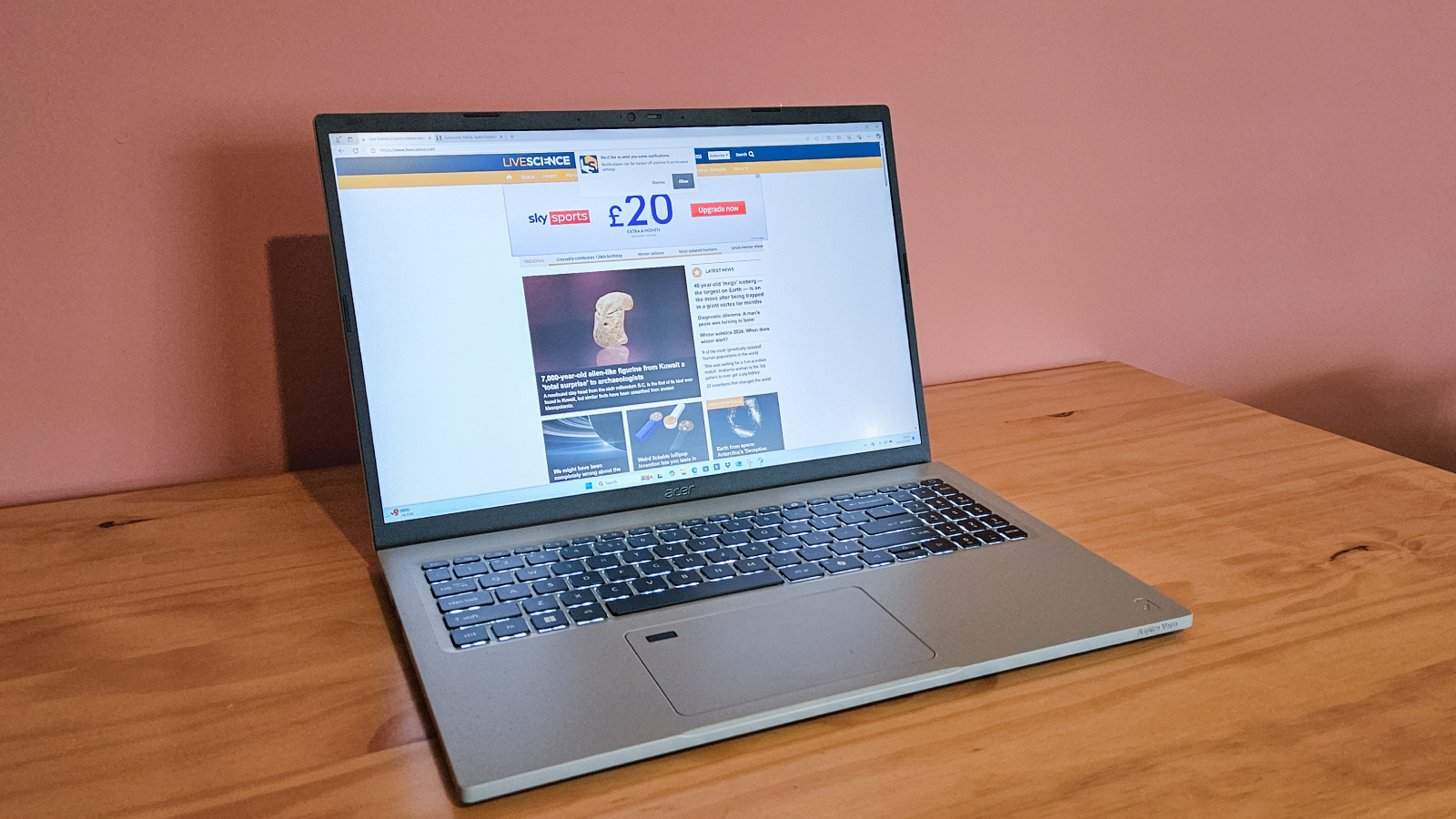Sleep Deprivation Makes for Ungrateful Partners

If your spouse saws wood all night, you may have good reason for moving to another bedroom: New research suggests sleep deprivation makes people feel less grateful in their daily lives.
Not only that, but if you slept well but your partner had a bad night's sleep, you'll likely feel less grateful than usual toward them the next day, study researcher Amie Gordon, a doctoral student at the University of California, Berkeley, said Saturday (Jan. 19) at the annual meeting of the Society for Personality and Social Psychology.
"It really takes two well-rested partners for people to feel the most grateful," Gordon said. [6 Scientific Tips for a Successful Marriage]
Sleep and be thankful
Gratitude is an important happiness-booster, but there has been little research on the circumstances that influence how grateful someone feels, Gordon said. She and her colleagues were interested in the influence of sleep, because everyone does it — and because lots of people feel they don't get enough of it.
First, the researchers asked 56 undergraduate students to report the quantity and quality of their previous night's sleep. Next, they primed half of the students to think about gratitude by having them write about five things that had recently made them feel grateful. The other students wrote about any five things that had happened to them recently. All of the students then answered questions about how grateful, thankful and appreciative they currently felt.
The students primed to think of gratitude were, unsurprisingly, more grateful than those who wrote about random experiences — unless, that is, they hadn't slept well the night before. Poor sleepers who'd written about gratitude were no more grateful than people who wrote about other emotions.
Sign up for the Live Science daily newsletter now
Get the world’s most fascinating discoveries delivered straight to your inbox.
In a second experiment, Gordon and her colleagues had another group of participants record their sleep for two weeks, as well as their daily feelings of gratitude. Controlling for stress, anxiety, depression and other bad moods, the researchers found that the poorer the sleep, the less grateful and more selfish people felt the next day.
"It becomes all about taking care of me," Gordon said. "I don't have the energy to kind of notice other people, and I'm less grateful as a result."
Social glue
Finally, the researchers turned to romance, as appreciation between partners is linked to happiness in marriage. They asked 71 heterosexual couples to record their sleep and their feelings toward their partners.
Both men and women reported less gratitude toward their partners when they'd had a rough night's sleep. But even if one partner in the couple slept fine, the other's poor sleep could make the first feel less grateful. That could be because a more selfish, less grateful partner isn't doing anything to earn appreciation, Gordon said.
"They're probably focusing on themselves," she said.
The findings point to gratitude as "social glue" that keeps relationships thriving, Gordon said. "It definitely seems to be something that is uniquely important."
Follow Stephanie Pappas on Twitter @sipappas or LiveScience @livescience. We're also on Facebook & Google+.

Stephanie Pappas is a contributing writer for Live Science, covering topics ranging from geoscience to archaeology to the human brain and behavior. She was previously a senior writer for Live Science but is now a freelancer based in Denver, Colorado, and regularly contributes to Scientific American and The Monitor, the monthly magazine of the American Psychological Association. Stephanie received a bachelor's degree in psychology from the University of South Carolina and a graduate certificate in science communication from the University of California, Santa Cruz.










